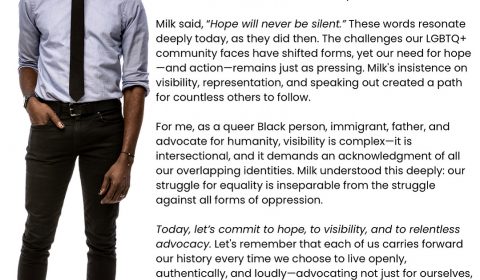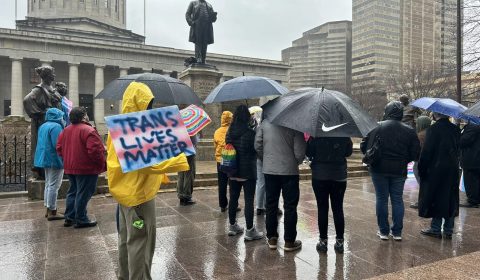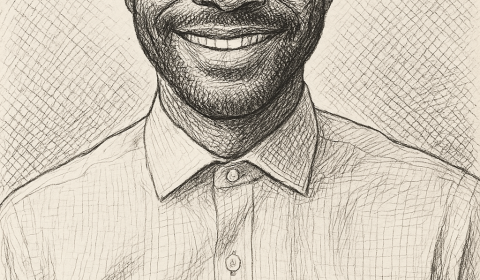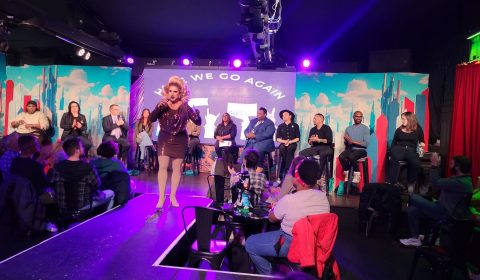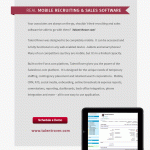I wasn’t born in the United States, but this country is the one I now call home. I came here from Jamaica, West Indies—a place whose soil also carries the weight of slavery, colonialism, and the generational wounds they left behind. Jamaica’s history and America’s history are tied by ships, shackles, sugar, and survival. So when Juneteenth arrives, I consider it deeply—not only as an American citizen, but as a Black person born of the Diaspora.
Juneteenth commemorates June 19, 1865—the day enslaved people in Galveston, Texas were finally informed of their freedom, more than two years after the Emancipation Proclamation. A delayed freedom. A withheld truth. A sobering reminder that liberation in law doesn’t always mean liberation in life.
As someone who chose to become a citizen of this country, I also chose to embrace its promises—and its contradictions. I chose to carry its dreams and reckon with its ghosts. And Juneteenth asks all of us—especially those of us who live at the intersections of Blackness, queerness, immigration, and faith—to remember. To remember what was taken. To remember what was fought for. And to remember how unfinished the work still is.
My journey from Jamaica to America has been one marked by continual reflection on identity and freedom. Though my citizenship was a choice, the history and the weight of these intertwined legacies were something I inherited—something I carry with pride and consciousness every day. Juneteenth serves as a reminder that freedom is not simply a historical moment, but an ongoing pursuit that demands our constant engagement and vigilance.
Juneteenth is not only about the past. A reminder that freedom is not a date on the calendar—it’s a process. It’s legislative and cultural. It’s personal and collective. And it’s something we must fight for again and again, in every generation.
This year, as I honor Juneteenth, I reflect on what freedom means to me:
-
It’s being able to show up fully as a Black queer person without fear.
-
It’s knowing my daughter is growing up in a world where her history isn’t hidden, and her future isn’t confined.
- It’s continuing to advocate, to lead, to serve—and to keep showing up for the work of justice.
So I celebrate Juneteenth with gratitude, with reflection, and with resolve.
My hope is that Juneteenth continues to grow beyond a day of commemoration to become a catalyst for meaningful change. It is a call to action, urging each of us to address the inequities still present in our societies—whether in the United States, Jamaica, or anywhere else in the world.
Freedom was delayed. It was denied.
But the belief was not defeated.
And neither are we.

